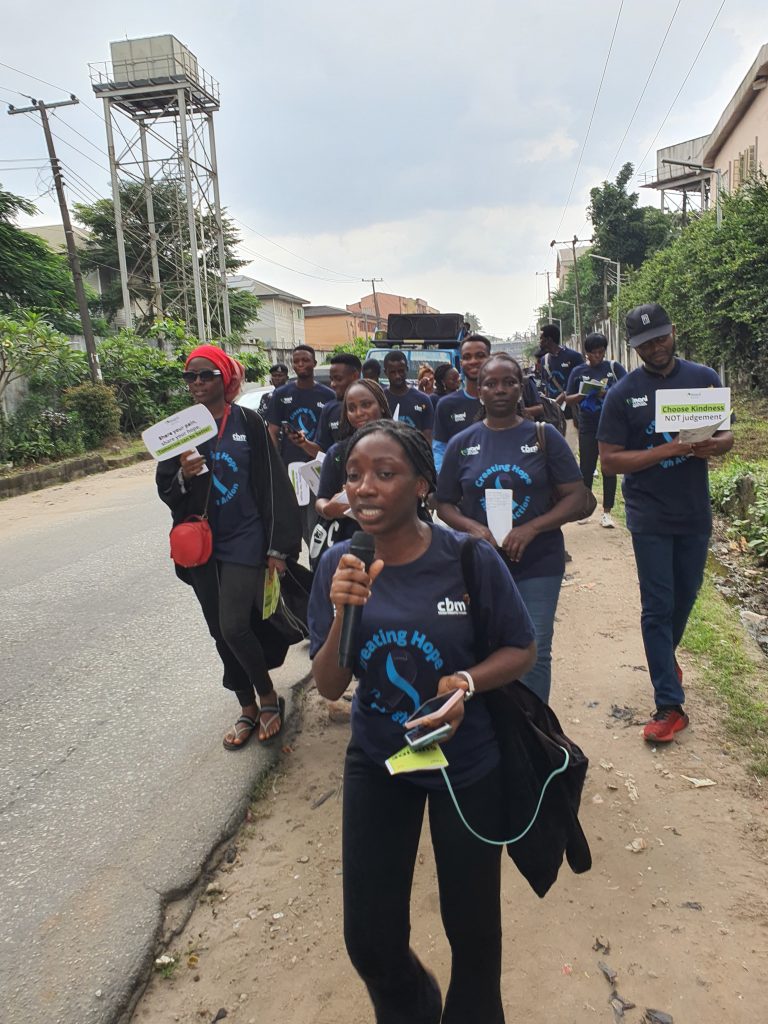
Since the inception of MANI in 2016, we have consistently worked to increase awareness of mental health amongst Nigerians, particularly youthful populations. With our continued work of disseminating mental health information via our social media accounts on Twitter, Instagram, Facebook,LinkedIn and Tiktok, we have contributed to destigmatizing mental health over the years, particularly amongst Nigerian youths.
With a combined following across our social channels of >180k and 3 million reach on a monthly basis, we have created a trusted brand that users in Nigeria and across the world believe in to provide support for their mental health.
In 2025 the evidence of our work lead to MANI been selected as one of the recipients of TikTok’s Mental Health Education Fund, rolled out during their first-ever Digital Well-Being Summit in Johannesburg, South Africa. This fund will be used to create intensive awareness on social media and fight the stigma online
The extensiveness of our work on social media gained us membership with Twitter Trust and Safety Council, as well as Facebook Safety Advisory Board. This achievement has assisted us in providing more help to individuals whose social media post(s) depict that they may be at risk of suicide or self-harm. We have also lent our expertise and insight to help inform Facebook’s Suicide Prevention effort.
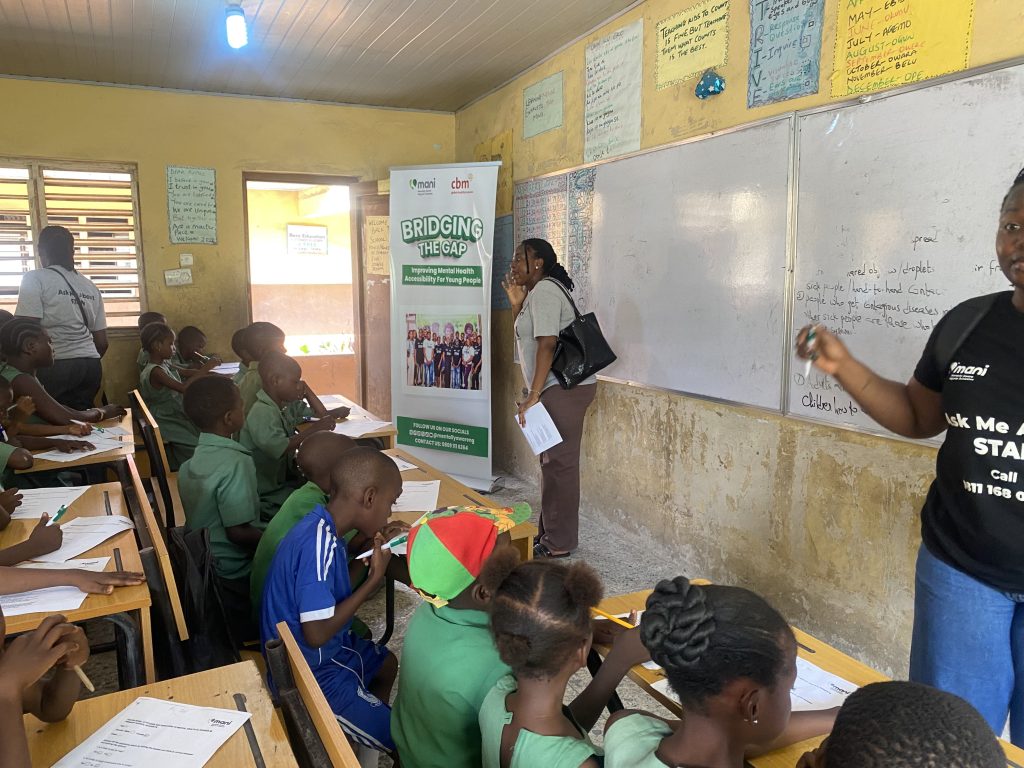
As part of our effort to ensure that mental health education is widespread, we carry out mental health education programmes and training in schools across Nigeria.
The future and present of the country are her young people, thus our school programmes are targeted not only at students of tertiary institutions but also primary and secondary school students. Our school programmes are designed to cater for all stakeholders in the school community- students, teaching & non-teaching staff and parents. We consider it essential to create safe spaces for young people by training their teachers and parents to be receptive to the mental and emotional needs of their children/wards/students. Teachers and parents are also taught to recognise common symptoms of mental illnesses and disorders in order to ensure early detection and treatment.
Since 2020, with funding from Comic Relief and support from CBM Global Disability Inclusion, we are currently running a mental health school programme in four universities across three geopolitical regions in Nigeria. The project, which is titled “Bridging the Gaps” aims to improve knowledge and general attitude in young people and also encourage help-seeking behaviours. The BTG project is also focused on providing virtual mental health counselling services. View more https://tinyurl.com/BTG-Activities
We spend nearly a third of our lives at work, so it’s no surprise that organisations have a major role to play in breaking the stigma around mental health. Every year, the world loses over $1 trillion to unaddressed mental health issues.
Behind those numbers are real people, employees battling burnout, stress, and declining engagement, and the truth is, organisations can’t afford to ignore it.
At MANI, we take a three-step approach to workplace mental health interventions. Each step is designed to build awareness, foster empathy, and generate measurable data that guides sustainable change. We move beyond the usual “talk sessions” to create practical, relatable, and actionable experiences that truly fit into today’s work culture.
Our Employee Assistance Programmes (EAP) empower staff to navigate personal challenges, from family or relationship conflicts to financial stress that can impact their performance and wellbeing.
And because mental health care shouldn’t feel like another meeting, our workplace programmes also include yoga and meditation sessions, mental health games, and team-bonding activities that keep employees connected, grounded, and recharged.
Want to make mental wellness a core part of your company culture?
Reach out to us at info@mentallyaware.org let’s build a workplace where your people can truly thrive.
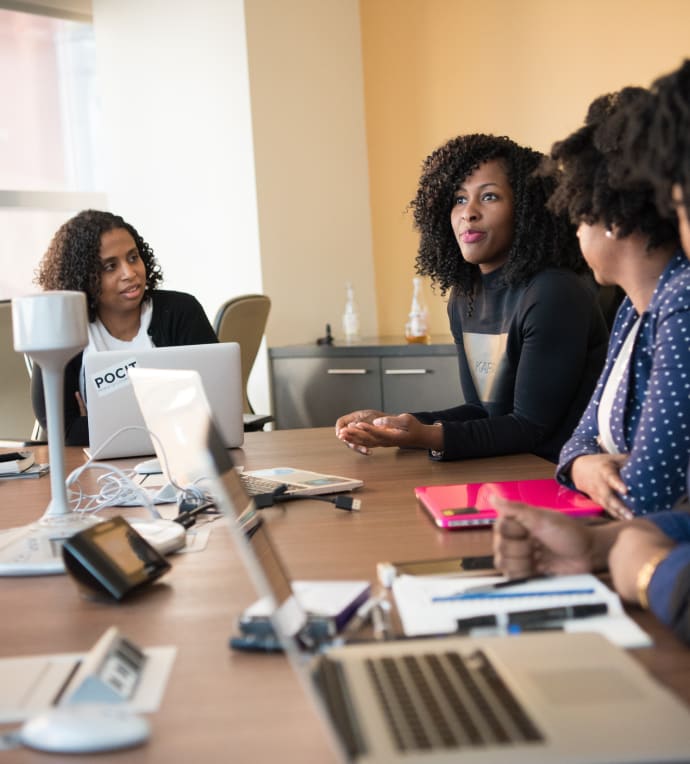
The power of the media in turning the tide of sociocultural perspectives cannot be overemphasized.
In order to empower media professionals with the right knowledge for reporting mental health conditions and suicide, we designed a toolkit on media reporting This toolkit aids training media personnel on the safest language to use in reporting on mental health related issues.
In May 2021, we partnered with BellaNaija– Nigeria’s most popular lifestyle platform to host a series of Twitter Spaces focused on the country’s mental health legislation, the movie industry and mental health, the music business and mental health among other topics.
We have also worked with a number of other media outlets to propagate mental health awareness.
In 2025, we organised a high-impact media engagement session themed “Responsible Suicide Reporting & Storytelling: Changing the Narrative to Save Lives.” With over 60 journalists, editors, broadcasters, scriptwriters, directors, content creators, and influencers to learn practical tools for reporting and portraying suicide responsibly. read here
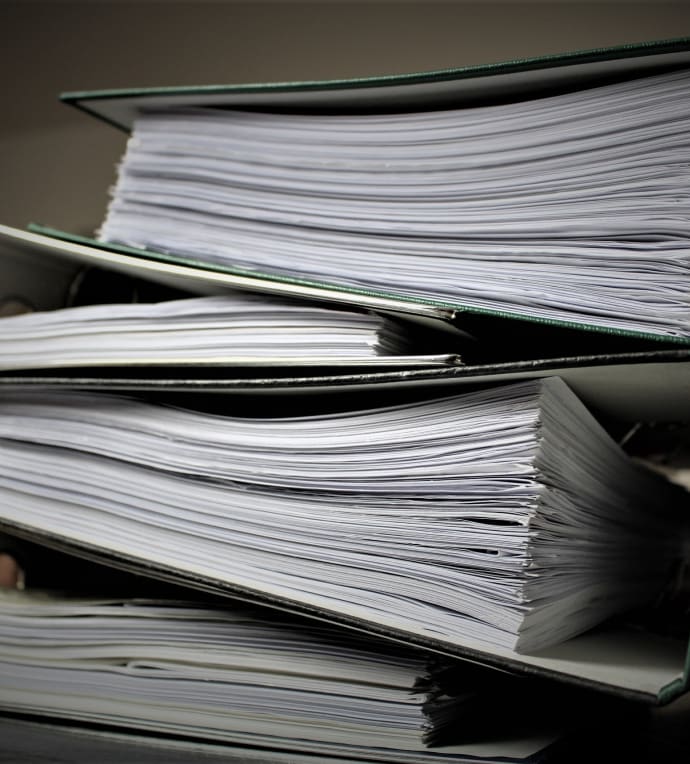
We continue to strengthen mental health capacity through our work with partners to improve mental health legislation, decriminalise suicide, and to create a world that promotes good mental health for all.
Our policy approach involves working with partners across Nigeria in advocating for the repeal of Section 327 of the Criminal Code Act, Constitution of the Federal Republic of Nigeria and in lobbying for the passing of a new mental health legislation to replace the outdated Lunacy Act, which violates the human rights of mentally ill individuals and promotes the stigmatisation of these individuals.
We currently have a joint action petition (with other mental health advocates in Nigeria) to pass the new mental health bill into law.
We have done significant work in research, one of which is a nationwide study of how the wellbeing of Nigerians was affected by COVID-19 titled “Assessing the Mental Health Impact of COVID-19 Pandemic on Nigerians ”. We collaborated with African Polling Institute (API) in a cross-sectional survey with adults across all the geo-political regions in the country through telephonic interviews. The interviews were administered in the lingua franca and indigenous languages to ensure inclusivity. In addition to sharing our findings from this study, we also shared our recommendations to stakeholders. You can download an electronic copy of the study here.
With our ongoing projects and planned research work, we hope to fill the gap in mental health data experienced by providers, users, students, and researchers in Nigeria.
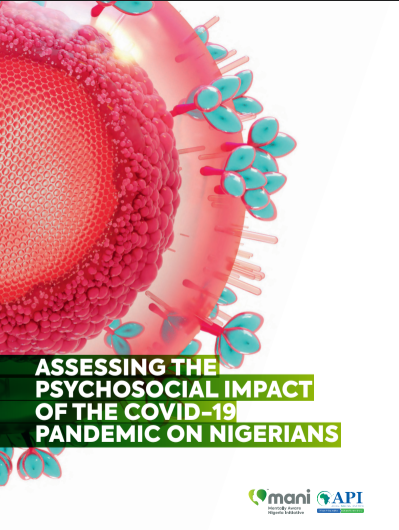
Your generous donations help us to reach more people
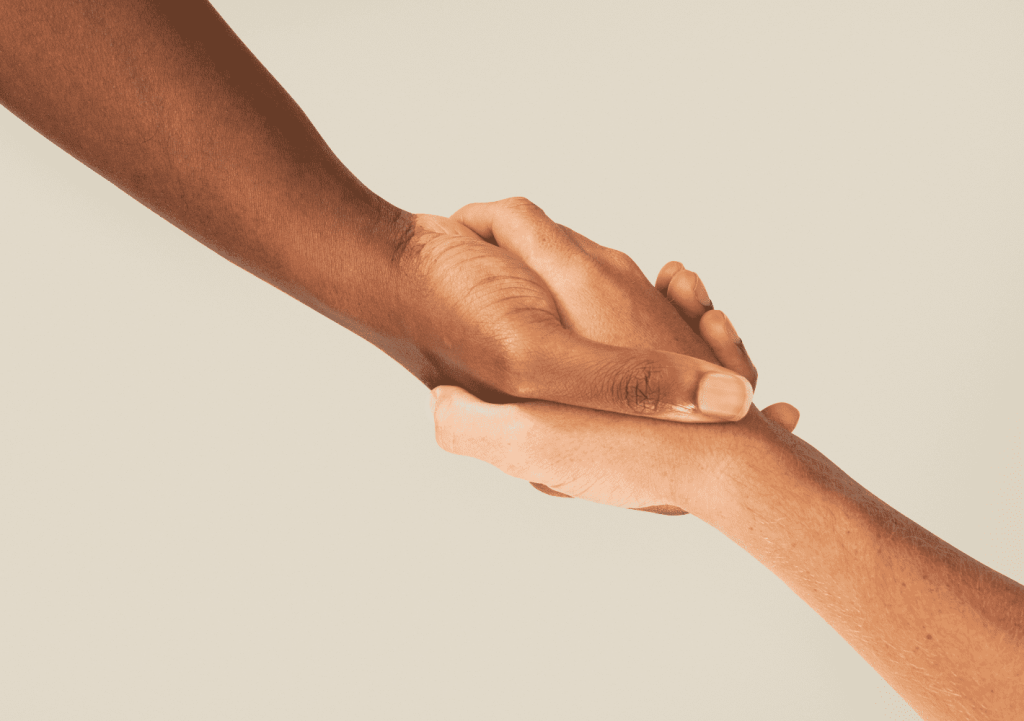
Join our community of over 5000 subscribers who enjoy positive notes from us on weekdays.
“Ruminations@5 from @MentallyAwareNG keeps me going…”
-Henry